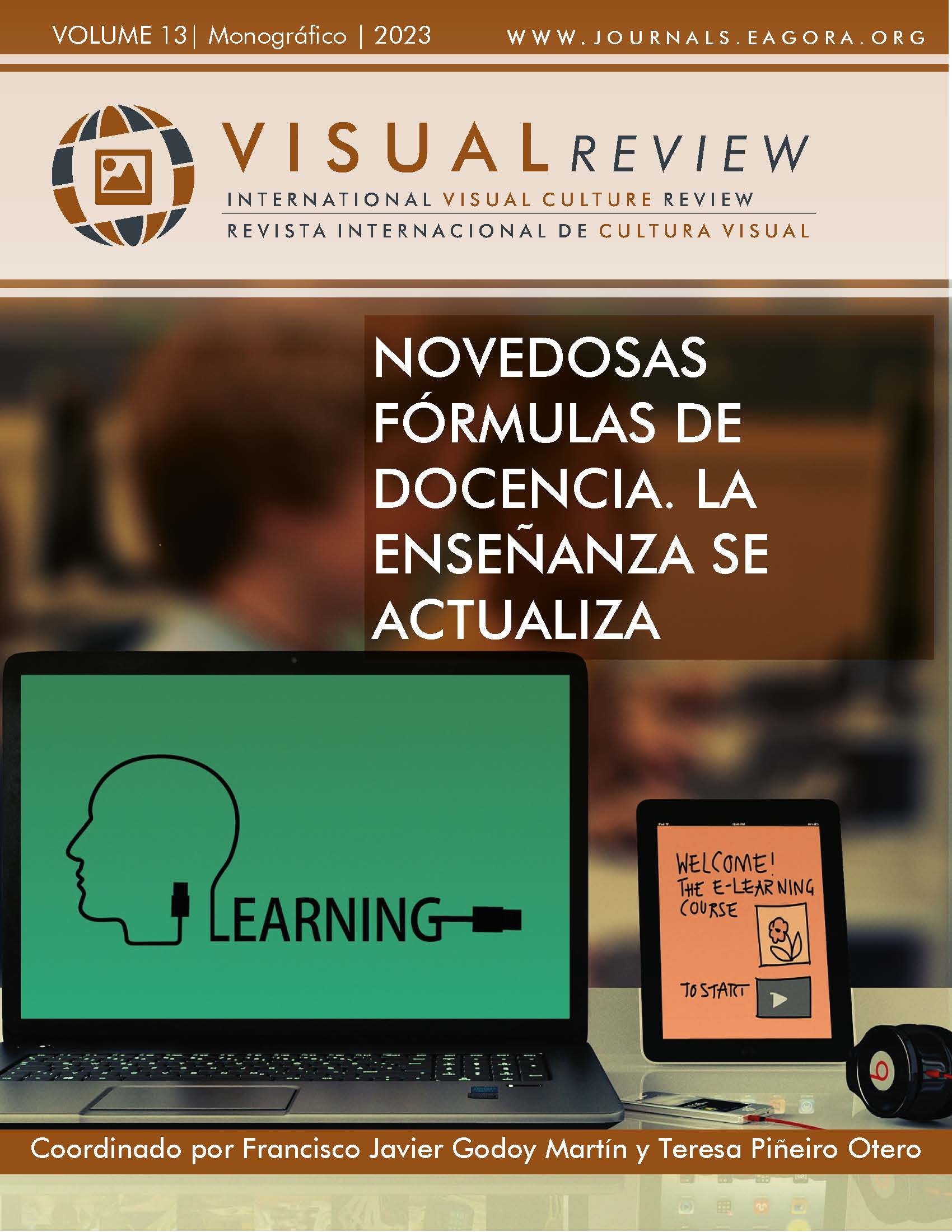Pedagogical Mediation for early childhood during confinement
DOI:
https://doi.org/10.37467/revvisual.v10.4583Keywords:
COVID-19, Learning, Early childhood, Pedagogical mediation, Virtuality, Sars-Cov-2, PandemicAbstract
This article takes the statistical data thrown in the research "Analysis of the Self-regulation of emotions in children of maternal and child and transition, during the strategy" I learn at home "in times of SARS-Cov-2, and emphasizes the analysis in the pedagogical mediation carried out by the teacher.
The statistical data made it possible to determine: the learning tools implemented, the number of classes per week, the number and form of activities carried out per week, the number of students per group, among others.
Downloads
Global Statistics ℹ️
|
458
Views
|
377
Downloads
|
|
835
Total
|
|
References
CEPAL-UNESCO. (2020). Informe: La educación en tiempos de la pandemia de COVID-19. https://repositorio.cepal.org/handle/11362/45904
Gutiérrez, F., & Prado, C. (s.f.). Serie Holografías N.3. las siete claves de la mediación pedagógica. La Salle.
Gutiérrez, F., & Prieto, D. (2004). Mediación pedagógica. (10ª ed.). Proyecto de desarrollo Santiago-PRODESSA. Ediciones la Copia Fiel.
Grechyna, D. (2020). Health Threats Associated with Children Lockdown in Spain during COVID-1. https://doi.org/10.2139/ssrn.3567670 DOI: https://doi.org/10.2139/ssrn.3567670
Ministerio de Educación Pública (2020). Orientaciones para el apoyo del proceso educativo a distancia. San José, Costa Rica.
Ministerio de Salud/MEP, (2020). Resolución n° MS-DM-2592-2020 / MEP-00713-2020. https://acortar.link/GIF8Cd
Organización Panamericana de la Salud, (2020). La OMS caracteriza a Covid-19 como una pandemia. https://www.paho.org/es/noticias/11-3-2020-oms-caracteriza-covid-19-como-pandemia
Shunk, D. (2012). Teorías del aprendizaje. Una perspectiva educativa. Editorial Pearson.
UNICEF (2020). Salud mental e infancia en el escenario de la Covid-19. Propuestas de UNICEF España. https://acortar.link/jwZMwY
Downloads
Published
How to Cite
Issue
Section
License
Those authors who publish in this journal accept the following terms:
-
Authors retain copyright.
-
Authors transfer to the journal the right of first publication. The journal also owns the publishing rights.
-
All published contents are governed by an Attribution-NoDerivatives 4.0 International License.
Access the informative version and legal text of the license. By virtue of this, third parties are allowed to use what is published as long as they mention the authorship of the work and the first publication in this journal. If you transform the material, you may not distribute the modified work. -
Authors may make other independent and additional contractual arrangements for non-exclusive distribution of the version of the article published in this journal (e.g., inclusion in an institutional repository or publication in a book) as long as they clearly indicate that the work was first published in this journal.
- Authors are allowed and recommended to publish their work on the Internet (for example on institutional and personal websites), following the publication of, and referencing the journal, as this could lead to constructive exchanges and a more extensive and quick circulation of published works (see The Effect of Open Access).














